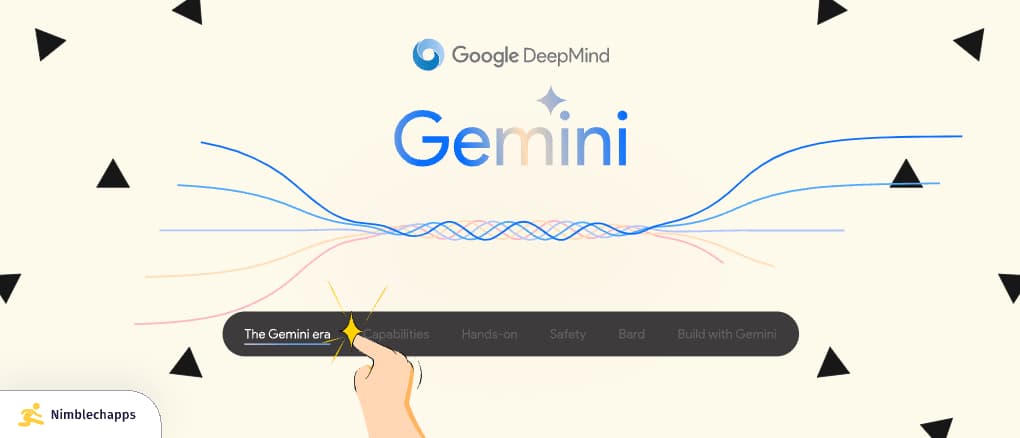Google's Deep Think AI Achieves 34.8% on Complex Reasoning Tasks Amid Accelerated Model Releases

Google is significantly advancing its artificial intelligence capabilities, with recent widespread releases of its cutting-edge models, including the Gemini 2.0 suite and the highly capable Deep Think. This strategic move underscores Google's commitment to making its advanced AI accessible and integrated across various platforms, addressing the rapid evolution of the AI landscape. The company's focus extends from foundational research to practical applications, aiming to deliver robust and efficient AI solutions globally.
The tech giant has adopted a phased release strategy for its AI models, initially providing access to developers and trusted testers before broader public availability. This approach ensures thorough testing and refinement, leading to stable and high-performing models. Notably, the Gemini 2.0 family, which includes versions like Flash and Pro Experimental, is now widely accessible, integrating seamlessly into Google products such as Search and the Gemini app, enhancing user experience with advanced AI functionalities.
A key development is Google DeepMind's "Deep Think" model, which sets a new standard in AI reasoning through its multi-agent design. This architecture allows multiple parallel reasoning agents to evaluate and refine responses, resulting in more accurate and context-aware outputs. The commercial version of Deep Think has demonstrated superior performance, achieving a 34.8% score on complex reasoning tasks like Humanity’s Last Exam, and 87.6% on code generation benchmarks, outperforming several current industry models.
Google's broader strategy emphasizes the development of "agentic AI," where models can understand multi-step instructions and execute complex tasks autonomously. Models like Gemini 2.0 and the more recent Gemini 2.5 Pro are central to this vision, offering enhanced reasoning, multimodal processing (text, image, audio, video), and advanced coding capabilities. Additionally, the Gemma family, including the compact Gemma 3 270M, provides efficient, specialized models for on-device and task-specific applications.
These accelerated releases and the focus on agentic AI position Google as a formidable competitor in the ongoing AI arms race. The company continues to prioritize responsible AI development, employing rigorous safety protocols and iterative testing. By making these powerful models available and integrating them into its core services, Google is not only pushing the boundaries of AI innovation but also making these advancements practical and impactful for a wide range of users and developers.